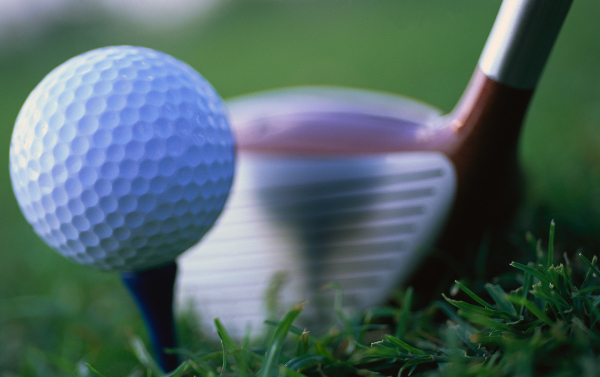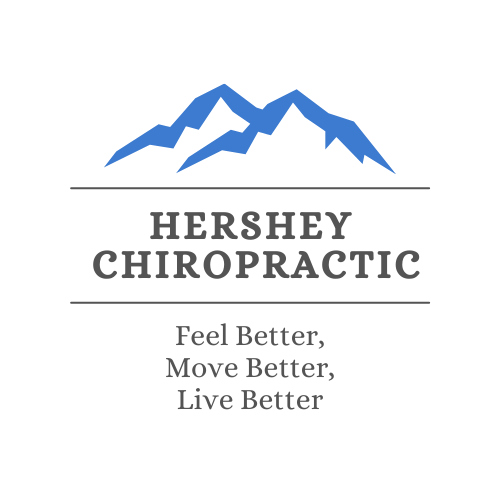
Golf Injury
Golf, a sport synonymous with tranquility and precision, also poses its share of physical challenges and potential injuries. Despite its leisurely pace, golfing’s repetitive motion and biomechanical demands can cause various types of injuries affecting different parts of the body.
One of the most common golf-related injuries involves the back. The rotational nature of the golf swing places immense stress on the spine, particularly the lower back. Golfers can experience strains, sprains, or herniated discs due to the force exerted during the swing motion. Poor swing mechanics or overuse can exacerbate these issues, leading to chronic pain and discomfort.
Moreover, the upper extremities, including the wrists, elbows, and shoulders, are susceptible to injuries due to the repetitive nature of swinging the club. Golfer’s elbow, akin to tennis elbow, is a prevalent condition characterized by inflammation and pain in the tendons on the inside of the elbow. Rotator cuff injuries and shoulder strains can also occur due to the repetitive stress of the golf swing.
The lower body is not immune either. Walking long distances combined with the force exerted during swings can lead to knee and hip injuries. Strained muscles, tendinitis, and stress fractures are common lower body injuries among golfers.
To prevent these injuries, golfers increasingly focus on proper technique, physical conditioning, and warm-up routines. Strengthening core muscles, maintaining flexibility, and incorporating exercises specifically targeting the muscles used in golf swings significantly reduce the risk of injury. Additionally, using proper equipment, such as clubs that fit the player’s physique and employing ergonomic techniques, can alleviate stress on the body.
When a Golf Injury occurs, timely intervention is crucial. Rest, ice, compression, and elevation (RICE) are initial steps for acute injuries, followed by rehabilitation exercises and seeking professional medical advice if necessary. Physical therapists, chiropractors, and sports medicine specialists often play a pivotal role in the recovery process, employing targeted therapies to aid golfers in returning to the course safely.
Understanding the potential for injuries in golf underscores the importance of proactive measures to maintain physical health and performance. By implementing proper techniques, engaging in conditioning programs, and seeking appropriate care when needed, golfers can mitigate the risks associated with this elegant yet physically demanding sport, ensuring that their time on the green remains both enjoyable and injury-free.” Call (801) 225-5486 or click here.
